Blog Posts
Latest articles and updates
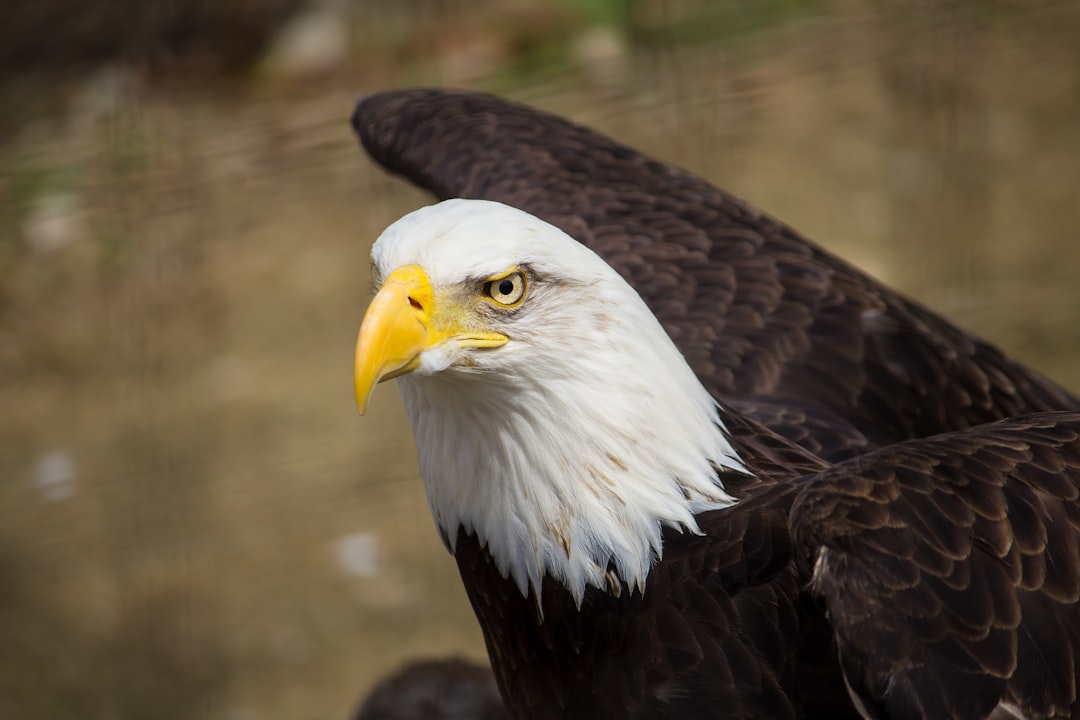
Predator Management for Livestock: Balancing Conservation and Protection
Predator management is a critical aspect of livestock farming, requiring a delicate balance between protecting livestock and conserving wildlife. Effective management involves understanding the complex interactions between predators, livestock, and …
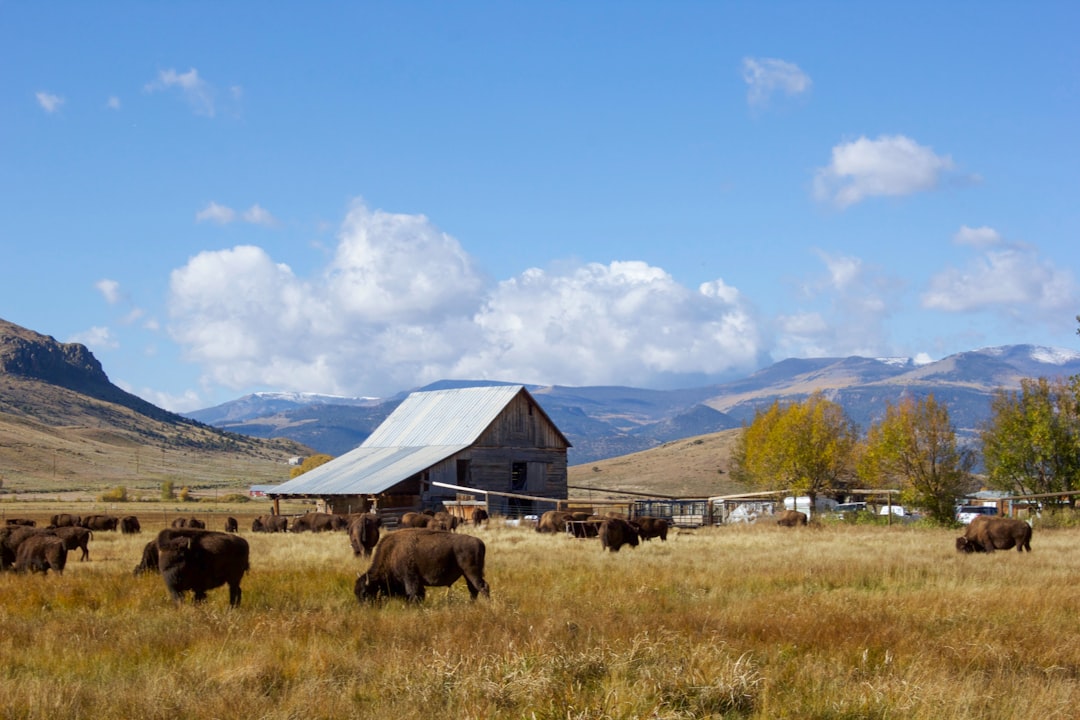
The Impact of Climate Change on Livestock Production and Adaptation Strategies
Climate change is profoundly affecting livestock production worldwide, presenting significant challenges such as heat stress and drought. These environmental shifts impact animal health, productivity, and overall farm profitability. In this …
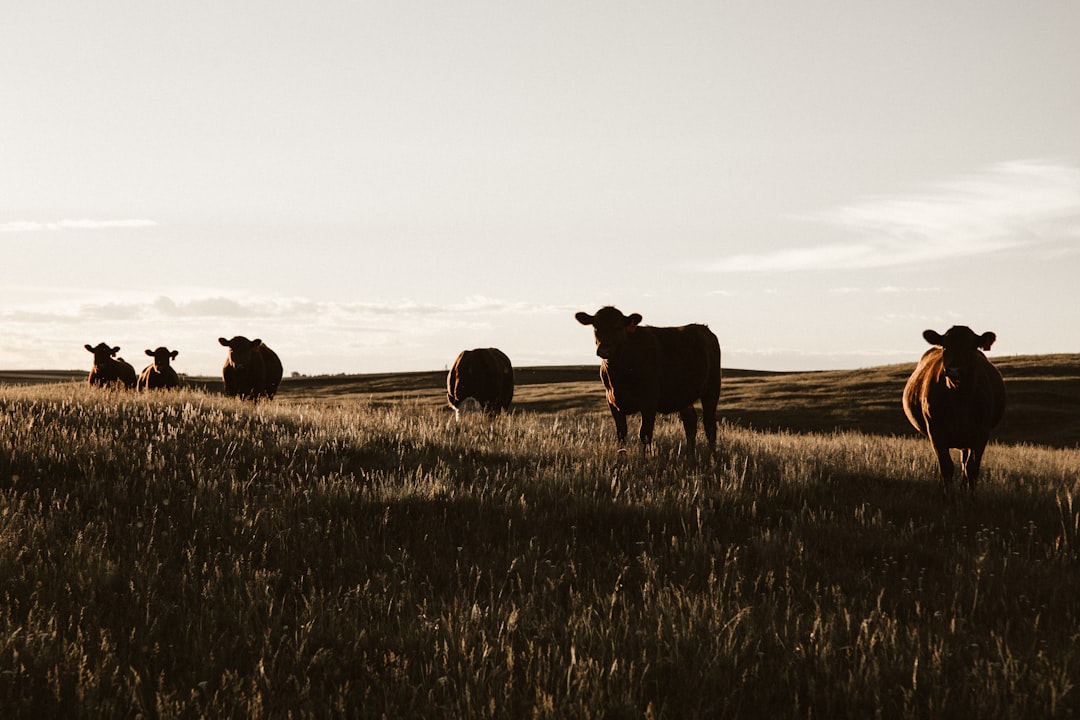
Managing Parasites in Livestock: Integrated Approaches for Different Regions
Parasite management is a critical aspect of livestock farming, impacting animal health, productivity, and overall farm profitability. As the global livestock industry faces challenges such as anthelmintic resistance and environmental …
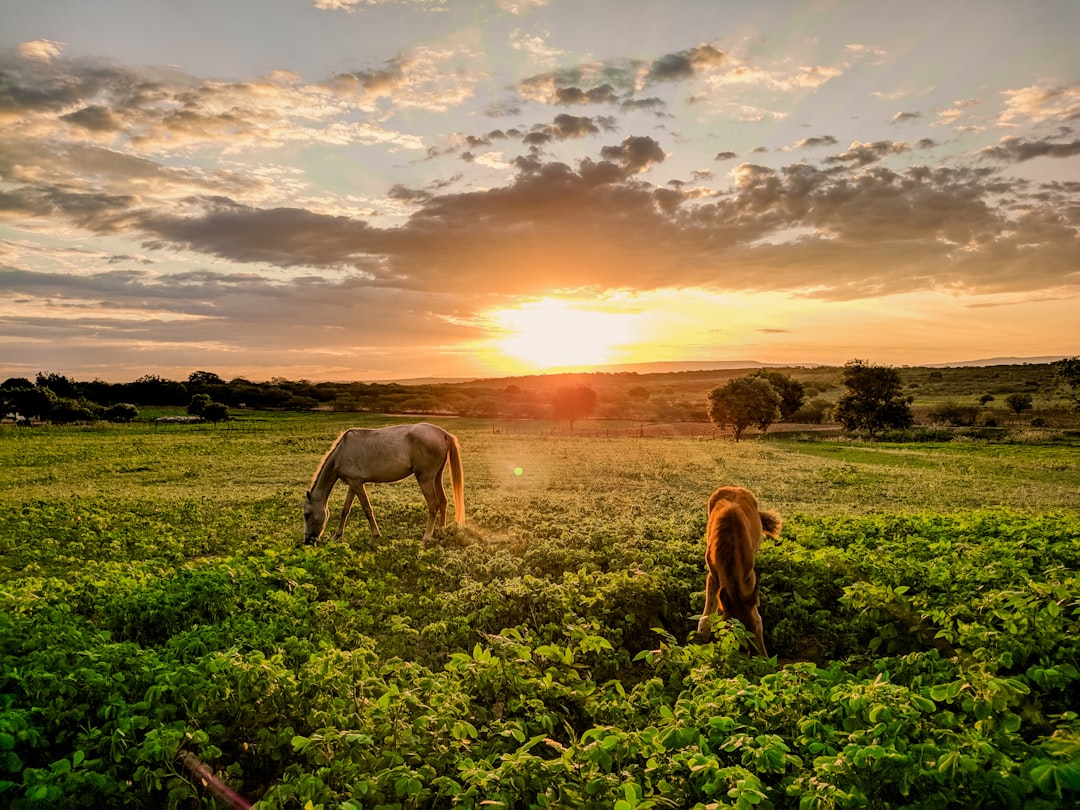
Disease Prevention and Control in Livestock: Global Efforts and Best Practices
Disease prevention and control are critical components of livestock management, impacting not only animal health but also global food security and economic stability. Major livestock diseases can have devastating effects …
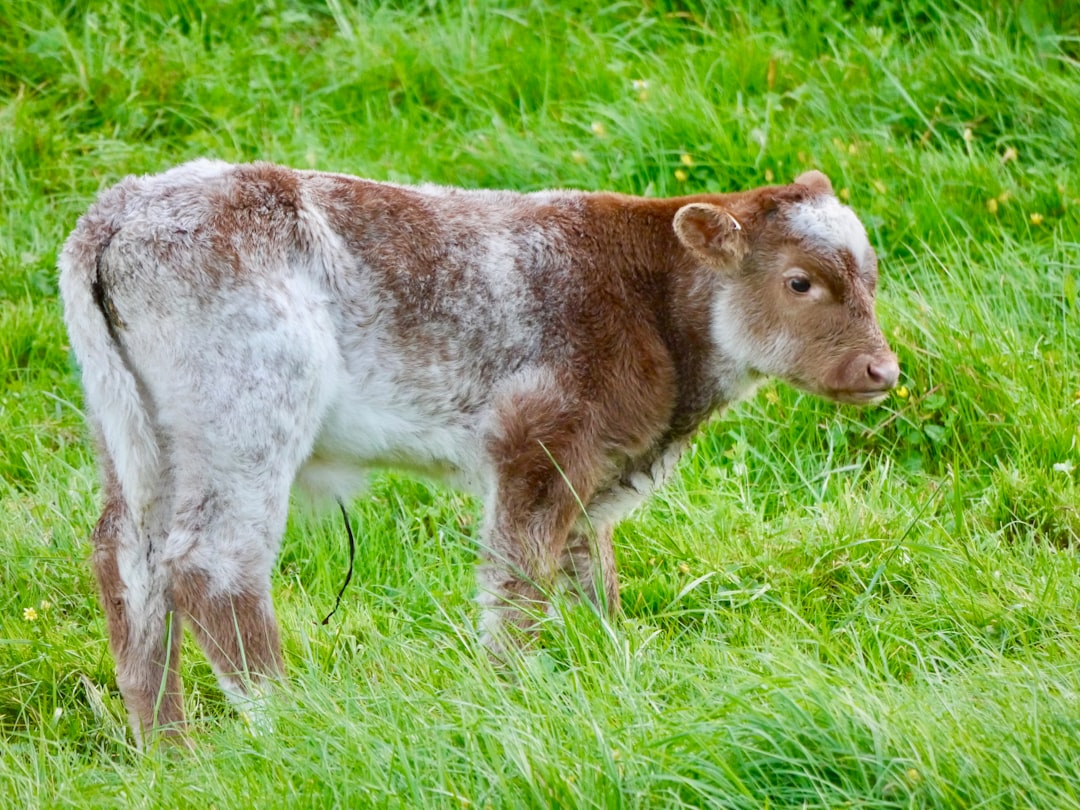
Precision Livestock Farming: Using Technology to Monitor and Manage Animal Health and Performance
Precision livestock farming is revolutionizing the way farmers manage animal health and performance by leveraging advanced technologies such as sensors, data analytics, and machine learning. This approach enables farmers to …
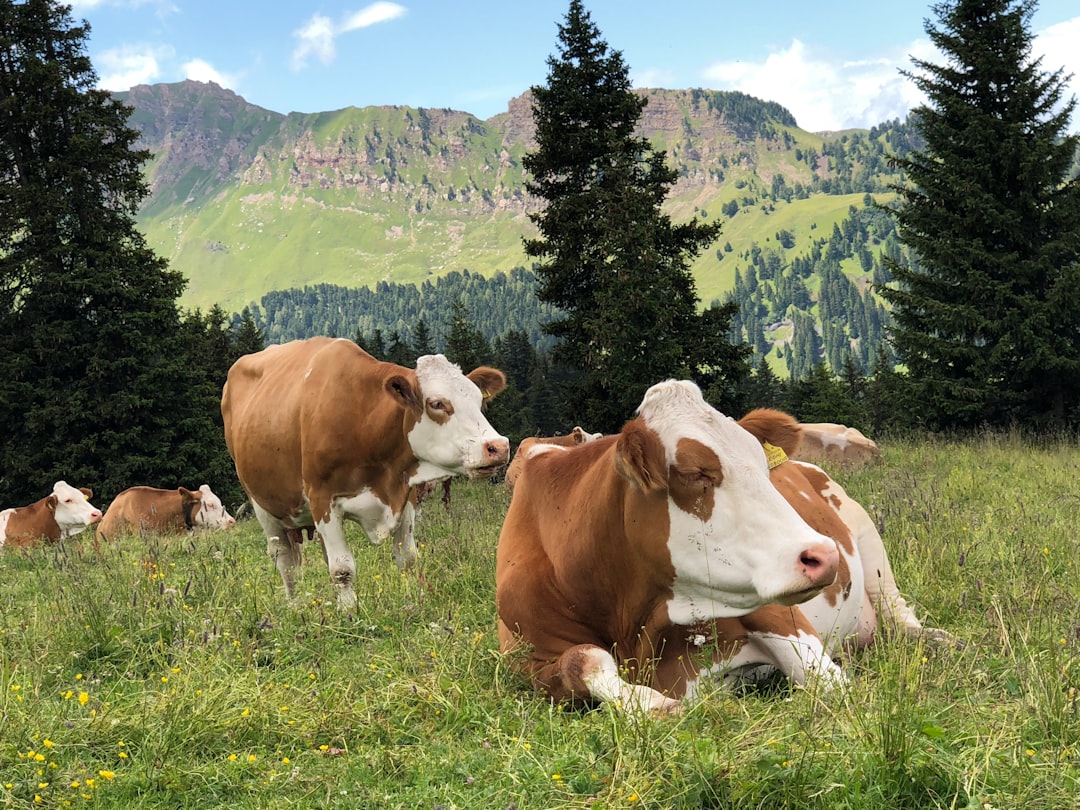
Reducing the Environmental Impact of Livestock Farming: Strategies for a More Sustainable Future
Livestock farming plays a significant role in global food production, but it also has substantial environmental impacts, including methane emissions and manure management challenges. To mitigate these effects and ensure …
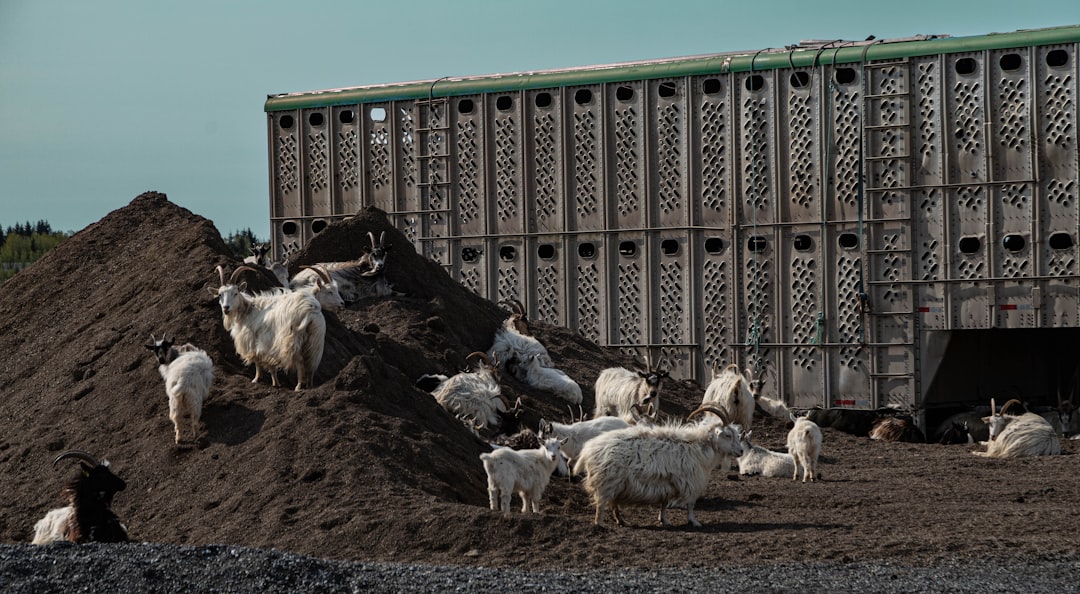
The Importance of Animal Welfare in Modern Livestock Management
Animal welfare is a critical component of modern livestock management, impacting not only the ethical treatment of animals but also farm productivity, consumer trust, and environmental sustainability. As consumer awareness …

Organic Livestock Farming: Principles and Practices for Healthier Animals and a Healthier Planet
Organic livestock farming is a holistic approach to agriculture that prioritizes animal welfare, environmental sustainability, and consumer health. This practice is guided by principles that emphasize naturalness, systems thinking, and …
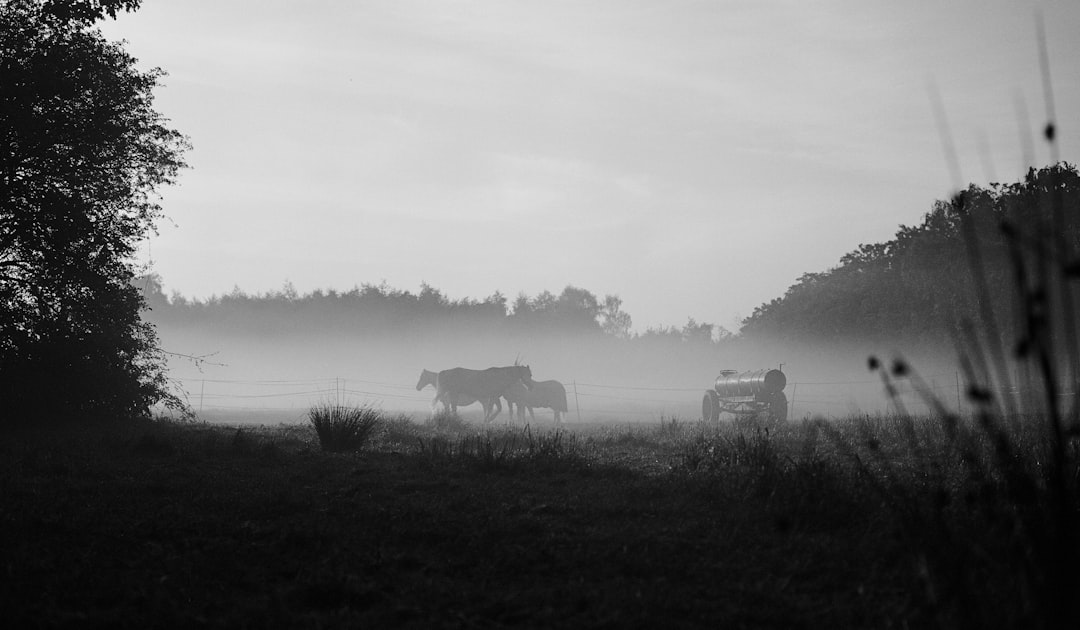
Silvopasture: Integrating Trees and Livestock for Environmental and Economic Benefits
Silvopasture, an agroforestry practice that integrates trees, forage, and livestock, offers a multifaceted approach to sustainable agriculture. By combining these elements, farmers can enhance environmental health, improve animal welfare, and …
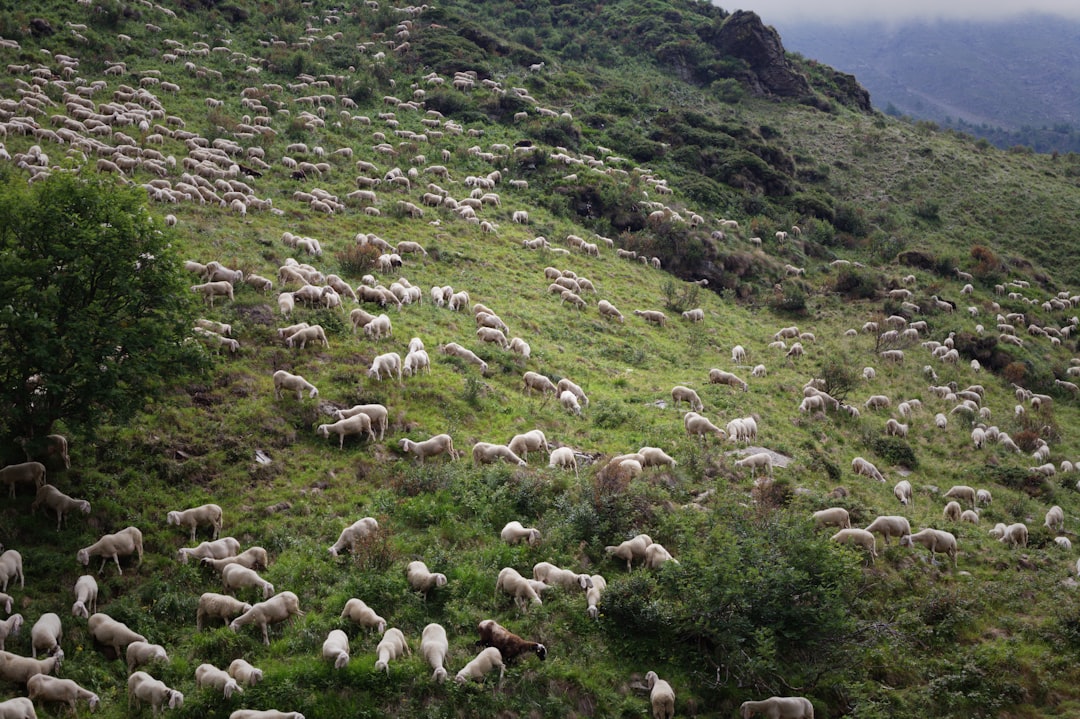
Rotational Grazing: Enhancing Pasture Health and Livestock Productivity
Rotational grazing is a powerful tool in modern agriculture, offering numerous benefits for both pasture health and livestock productivity. This practice involves dividing pastures into smaller paddocks and moving animals …
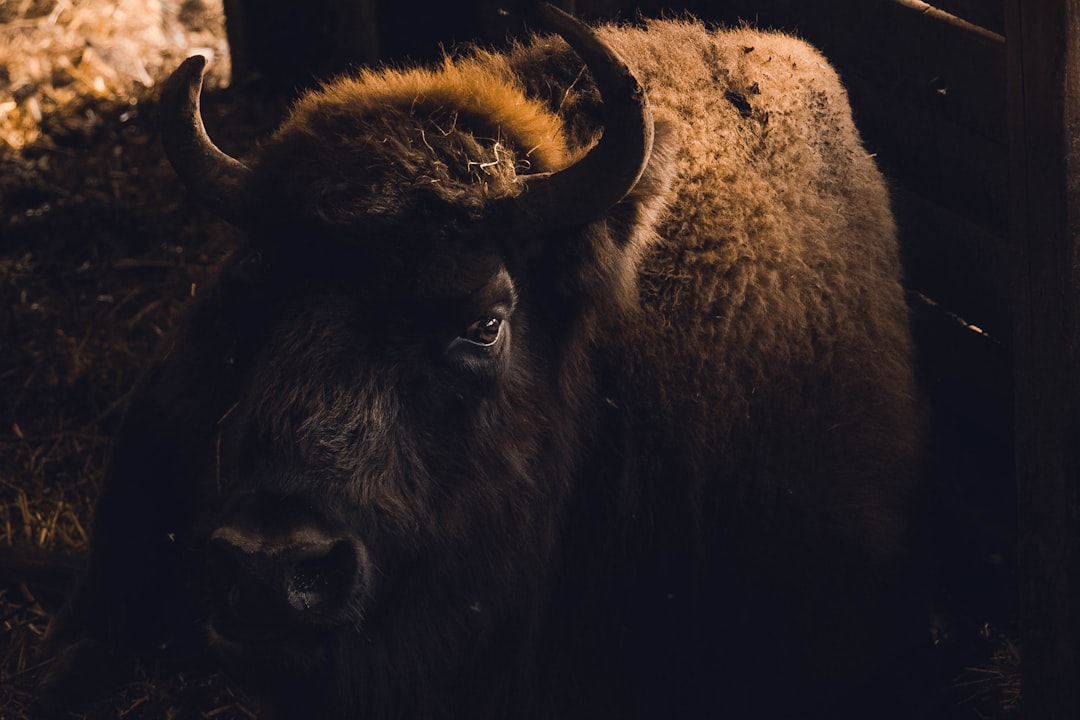
Emerging Livestock Species: Opportunities and Challenges in Raising Alpacas, Bison, and Ducks
The livestock industry is evolving, with emerging species offering new opportunities for farmers and consumers alike. Alpacas, bison, and ducks are among these emerging species, each presenting unique benefits and …

Equine Care and Management: Essential Practices for Horse Owners and Professionals
Caring for horses requires a comprehensive approach that encompasses feeding, hoof care, health management, and training principles. Whether you are a seasoned horse owner or a professional in the equine …